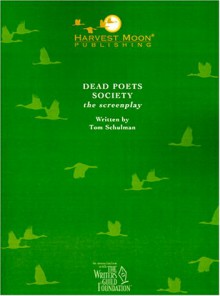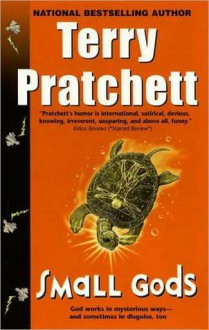The one "revolution" I would like to see happening in the book world is that we all reconsider how we are thinking about books, and how we are treating them as a result.
In recent years, they seem to have become chiefly "products" -- maybe not quite like clothing, electronics, or other forms of moveable goods, but not so todally different from them, either. And of course, that is not entirely wrong -- authors and publishers make money selling books; reviewers and purchasers are protected by consumer product standards ... that is all as it's supposed to be.
But books are so much MORE than just products: They are, as Stephen King rightlly put it, a uniquely portable magic; a device that is able to transport us, with the flipping of a single page, to a foreign land, a sci-fi or fantasy world, or back into the past, and into the lives of characters we may never meet in person (though as a kid, I'll own that in my mind I did), but who will nevertheless quite likely become dearer to us than many a real life acquaintance. And, as XOX's recent posts have reminded us, books are also catalysts of independent thought (and thus, the most potent weapen -- at least long term -- in combatting oppression and dictatorship).

Yet, large parts of the publishing and book mass merchandizing industry (chiefly, but not limited to Amazon) seem to be treating book mainly in terms of what they can or cannot contribute to the bottom line, and that, I feel not only does the books themselves an injustice, but it also misses out on opportunities which to miss might ultimately be more than merely a pity -- it might be dangerous: most importantly, the opportunity to win over new readers, not by compelling them to read what somebody (advertising, teachers, literary gurus, whoever) has declared a "must read", but by making them actually curious about books and reading, and by letting them explore the wonderful world hidden between the pages of a book all on their own.
Something that ties into this idea is the importance of libraries -- because libraries, more than any other institution, are the catalysts of precisely this notion, of reading for the sake of the joy of literary exploration, rather than selling and owning books as a piece of merchandise or a possession used in order to show off (to demonstrate one's own erudition, as a piece of interiror decoration, or for whatever other purpose). It is no accident, in my view, that libraries are struggling for survival in so many places -- and that publishers, sellers and distribution services are actively restricting the options made available to library users. In my view, this is a classic case of shooting oneself in the foot -- they're depriving themselves of their own future customer base -- but I do find it worrying that this is happening at all; in an industry, moreover, that really should make it its business not only to be concerned with the product they're selling but also with the wider significance of that product. (Of course self-publishing, the technical revolution and other factors have all got a role to play in this, but still -- the fact remains that books aren't just any old product, and we'd all do well to stop, take a deep breath, and refocus.)
(Task: Start a revolution: What one thing would you change about the book reading world? (Be it publishing, distribution, editing, cover art, bookstores – anything having to do with books.)


 Log in with Facebook
Log in with Facebook 










